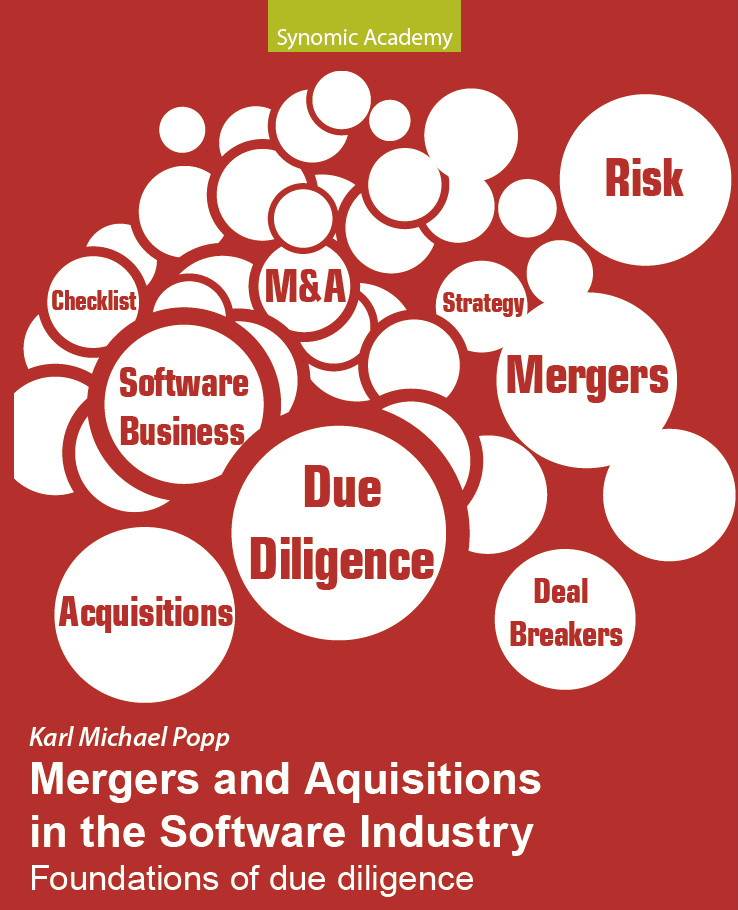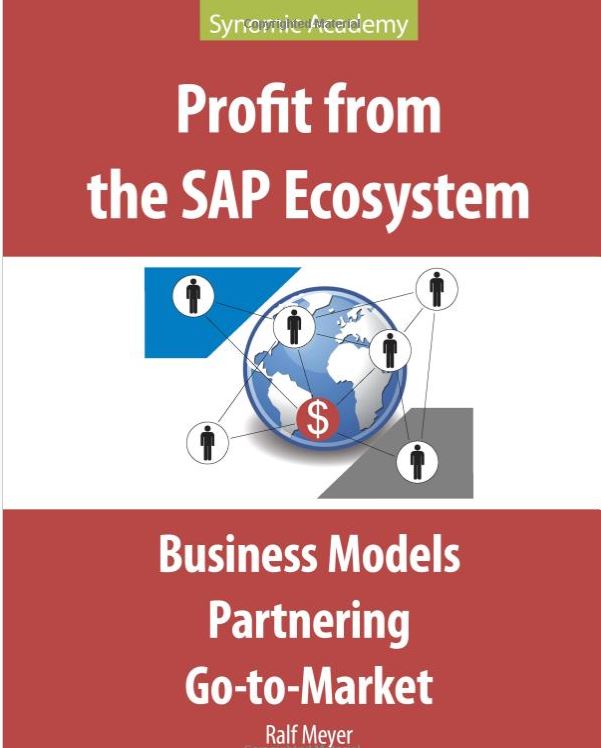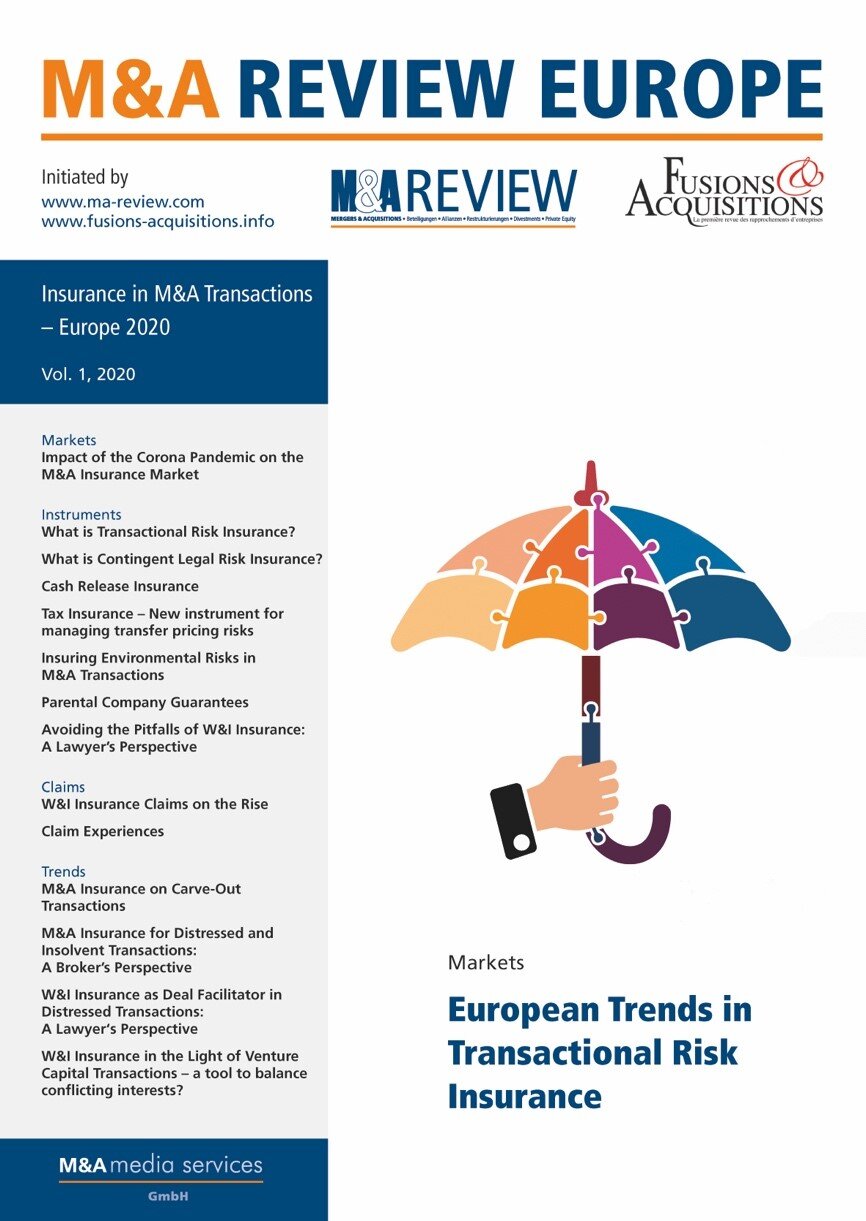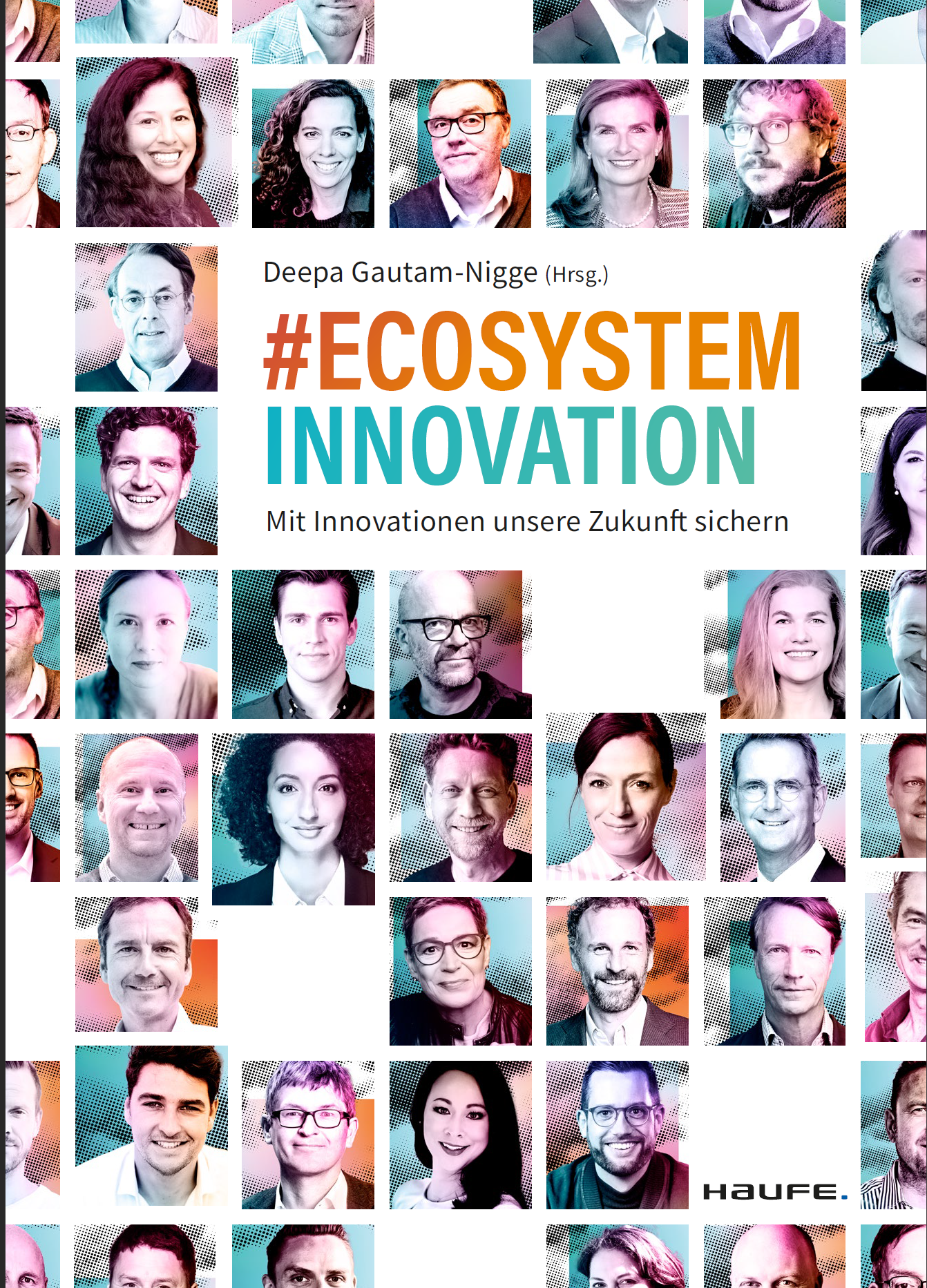Huge M&A deals: Largest Deals in the wholesale trade industry in the last 5 years
This blog is in the Top 25 M&A blogs worldwide according to Feedspot
The wholesale trade industry has consistently demonstrated itself as a dynamic sector, undergoing frequent transformations through mergers and acquisitions that significantly alter the market landscape. As enterprises pursue efficiency, growth, and competitive advantages, it is imperative to comprehend the significance and ramifications of these acquisitions. In this academic discourse, we explore the seven most substantial acquisitions within the wholesale trade industry that have garnered considerable attention, analyzing their particulars and implications for the market.
1. Sysco Corporation Acquires US Foods (2013)
In one of the most consequential transactions within the foodservice distribution domain, Sysco Corporation revealed its intention to acquire US Foods for the sum of $3.5 billion. Despite encountering regulatory obstacles, this acquisition underscored the robust trend towards consolidation among food distributors striving to optimize their supply chain efficiencies and enhance customer outreach.
2. Walmart's Acquisition of Flipkart (2018)
Walmart's tactical decision to procure a 77% equity stake in Flipkart for $16 billion was revolutionary, profoundly disrupting the wholesale trade sector within the e-commerce realm. This acquisition not only fortified Walmart's foothold in the Indian market but also facilitated an expansion of its wholesale operations in the online arena, positioning the company to compete directly with Amazon.
3. Metro AG Acquires Makro (2000)
Metro AG extended its global footprint through the acquisition of Makro for an estimated $2.5 billion. This transaction enabled Metro to amplify its presence in numerous emerging markets, thereby enhancing its wholesaler capabilities while significantly diversifying its product offerings.
4. Amazon's Purchase of Whole Foods Market (2017)
Amazon's acquisition of Whole Foods Market for $13.7 billion constituted a transformative juncture within both the retail and wholesale sectors. This deal not only secured Amazon a strategic position within the grocery wholesale market but also integrated its logistical efficiency into physical operations, fundamentally reshaping the future of food distribution.
5. Berkshire Hathaway's Acquisition of McLane Company (2003)
Warren Buffett's investment in McLane Company, amounting to approximately $2.5 billion, facilitated Berkshire Hathaway's entry into the wholesale distribution sector. McLane's comprehensive offerings in grocery and foodservice supply chain solutions conferred additional value upon Berkshire, thereby illustrating the critical role of wholesale distribution within diversified business portfolios.
6. Gordon Food Service Acquires A.C. Kooser & Sons (2016)
This acquisition, which was regionally oriented, enabled Gordon Food Service to broaden its operational reach within the Midwest. Valued at approximately $25 million, this deal allowed the company to enhance its distribution framework, effectively addressing the escalating demand for wholesale food services in that particular region.
7. Snyder’s-Lance Acquires Diamond Foods (2016)
With an estimated value of $1.9 billion, Snyder's-Lance's acquisition of Diamond Foods facilitated the amalgamation of two prominent snack food enterprises. This strategic initiative was aimed at augmenting their production capabilities and expanding distribution avenues within the wholesale trade sector.
Conclusion:
These acquisitions signify pivotal milestones within the wholesale trade domain, exemplifying the strategic foresight of companies endeavoring to achieve growth through collaborative partnerships. The cascading effects of these transactions persist in influencing market dynamics, thereby shaping the future trajectory of wholesale trade and the methodologies by which products are delivered to consumers.
Like my thoughts? READ MY NEW BOOK
ORDER AT AMAZON
ORDER IN GERMANY









